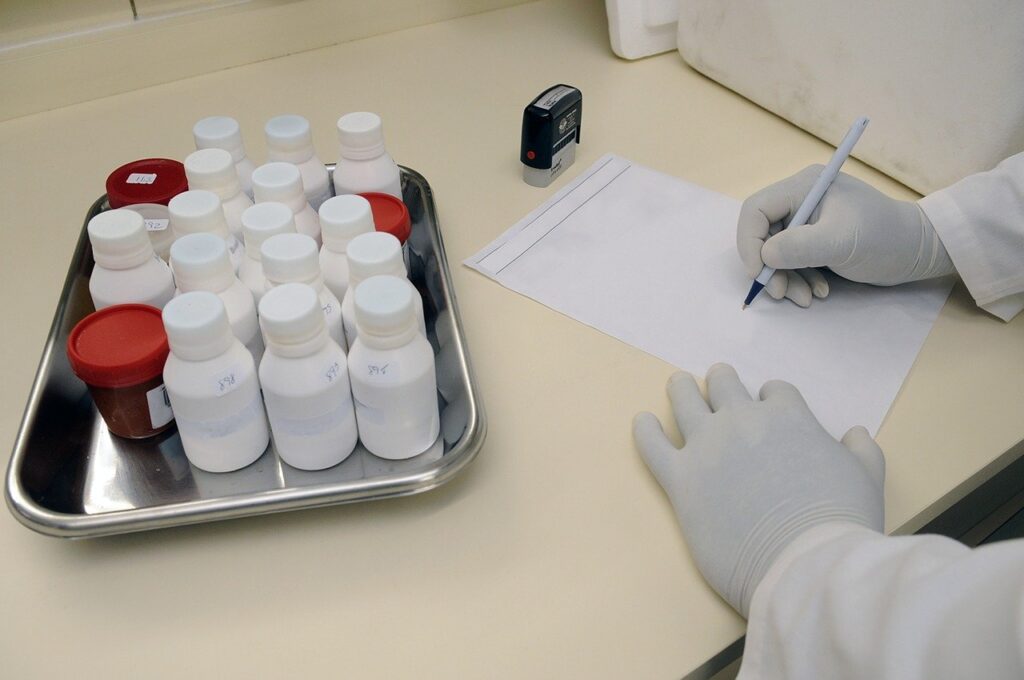In a story posted on msn.com, primary biliary cholangitis patient Cathy Mumford talks about why she feels it is important for patients living with a rare disease to participate in a clinical trial whenever possible:
“Without participation from the rare disease patient population, we can never hope to achieve effective treatment or possibly even a cure for our disease.” – Cathy
About Primary Biliary Cholangitis (PBC)
Primary biliary cholangitis, less commonly referred to as primary biliary cirrhosis, is an autoimmune disease that affects the liver. It is most characterized by progressive damage to the bile ducts, which over time allows bile and other toxic substances to build up in the liver. The disease can ultimately progress to liver scarring and cirrhosis. The precise cause of the disease remains unknown; a genetic predisposition, perhaps involving the POGLUT1 gene, is a risk factor, as is the presence of another autoimmune disease. Women are also much more likely to get primary biliary cholangitis. Symptoms include reduced bone density, skin lesions, fatigue (sometimes severe), jaundice, abdominal swelling, hepatic encephalopathy, and enlarged spleen. Treatment for the disease may include the drug Ursodiol, vitamin supplementation, and liver transplant in severe cases. Some patients experience slowed disease progression to the extent that their lifespan and quality of life are not significantly affected. To learn more about primary biliary cholangitis, click here.
Clinical Trials for Rare Disease
Trials are the essential process through which new potential treatments or cures are evaluated and developed. Cathy says she first delved into the world of clinical trials when she donated blood for research related to the disease. During a trial that is testing an investigational therapy, most patients will participate in a double-blind, placebo controlled trial. This means that some participants will receive an inactive placebo and others will receive the drug, and neither the researchers nor the participants know who got what until after the trial data has been gathered.
In rare diseases, where the patient pool is much smaller, finding participants can become an enormous challenge. The majority of rare diseases have no approved treatment. In Cathy’s case, she will likely require a liver transplant in the next few years as her primary biliary cholangitis continues to progress.
While her participation in trials might not be enough to stop her own illness, Cathy is motivated to continue because she knows it will help future generations of patients:
“It’s not likely that it will stop my disease from progressing, or even causing my death. I participate because I have lost too many friends to disease processes such as cancer, liver, lung, kidney and heart disease.” – Cathy






